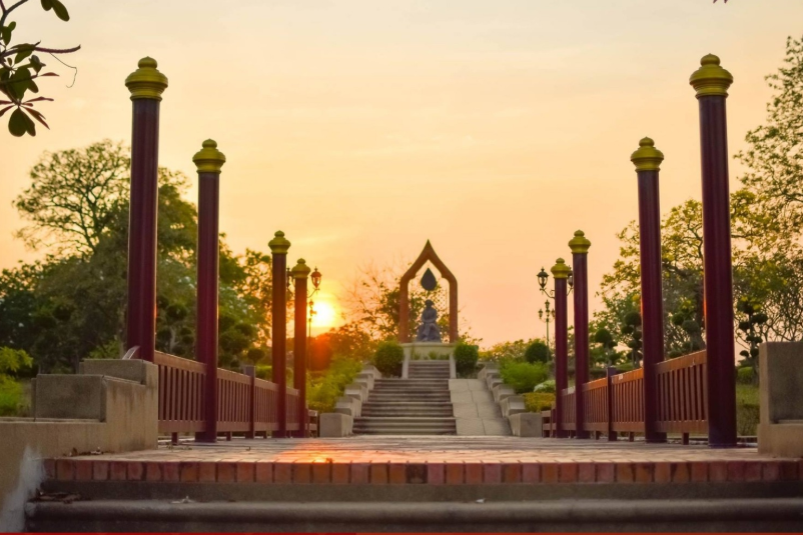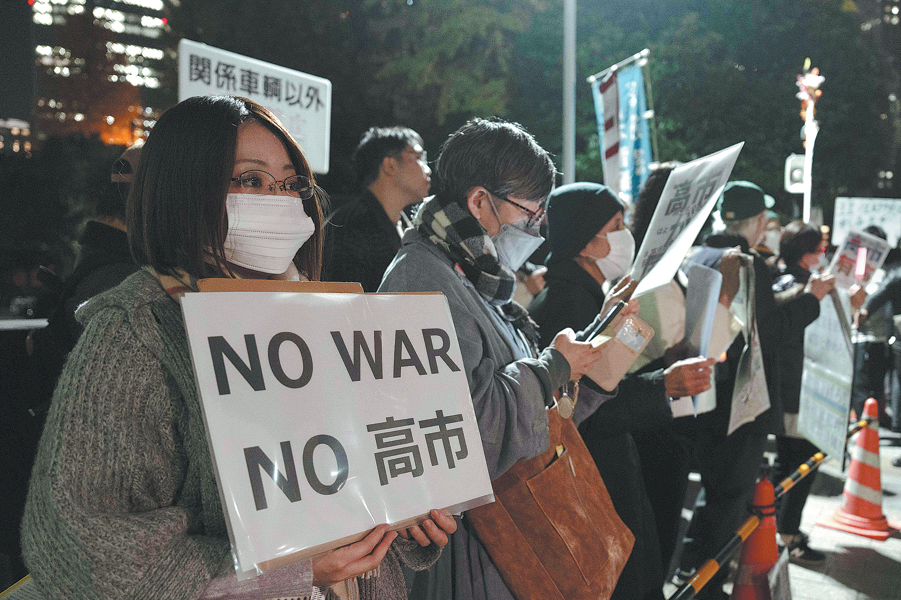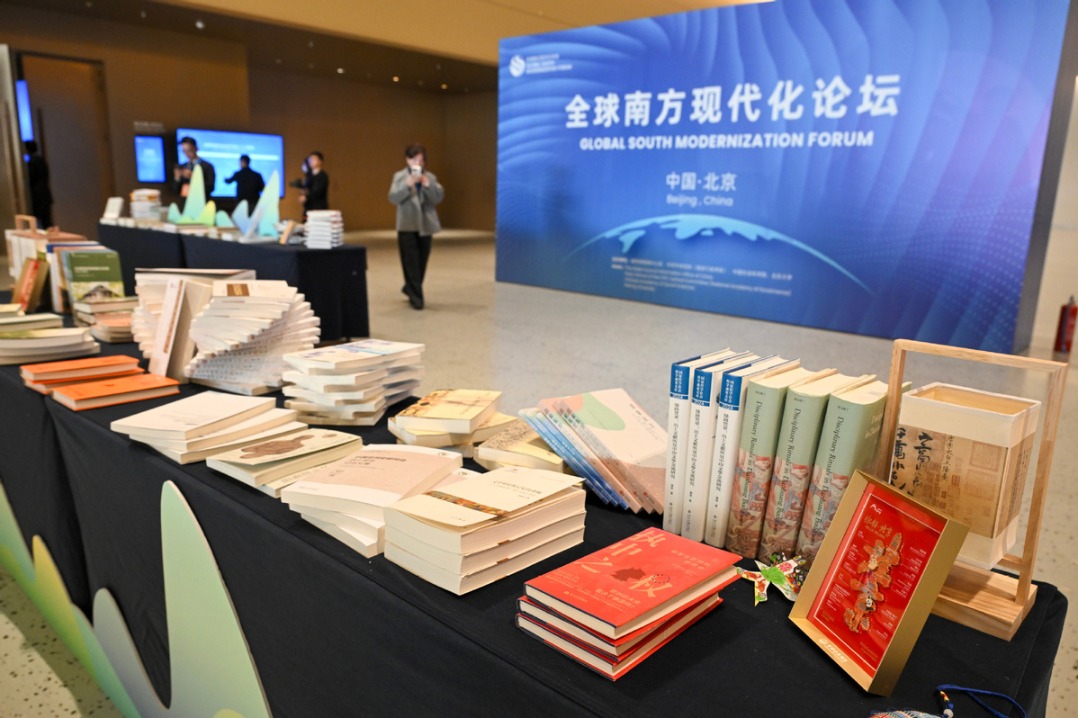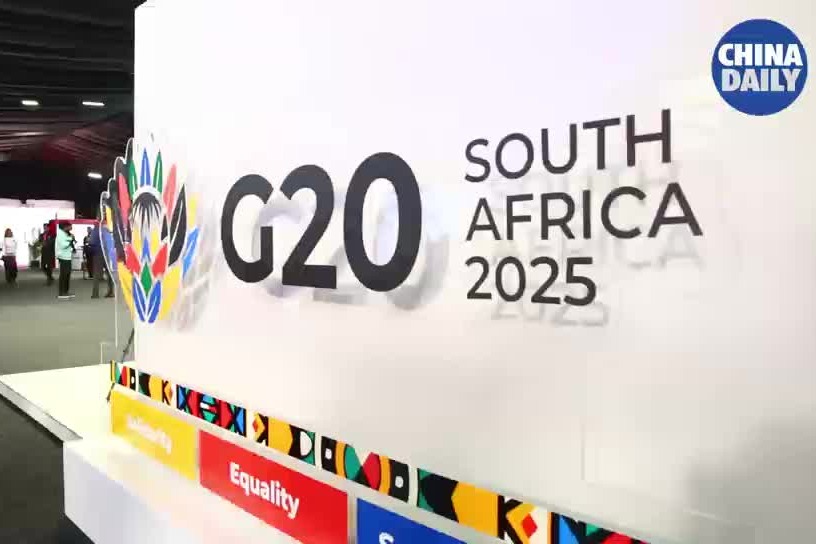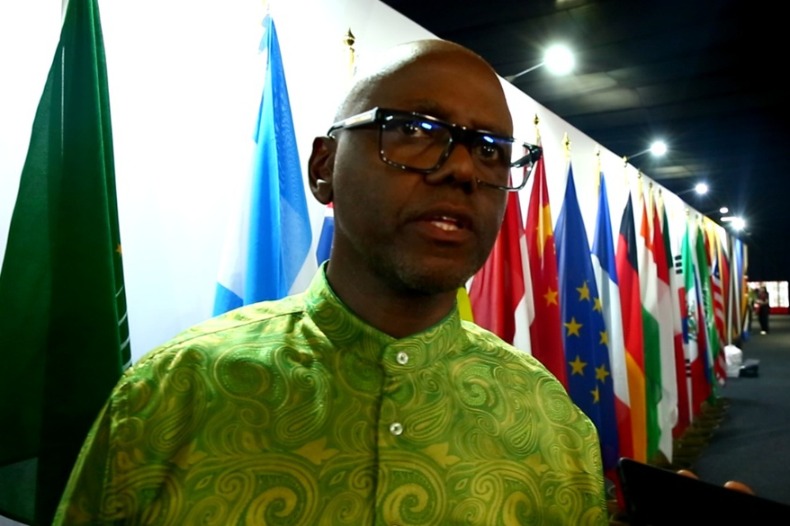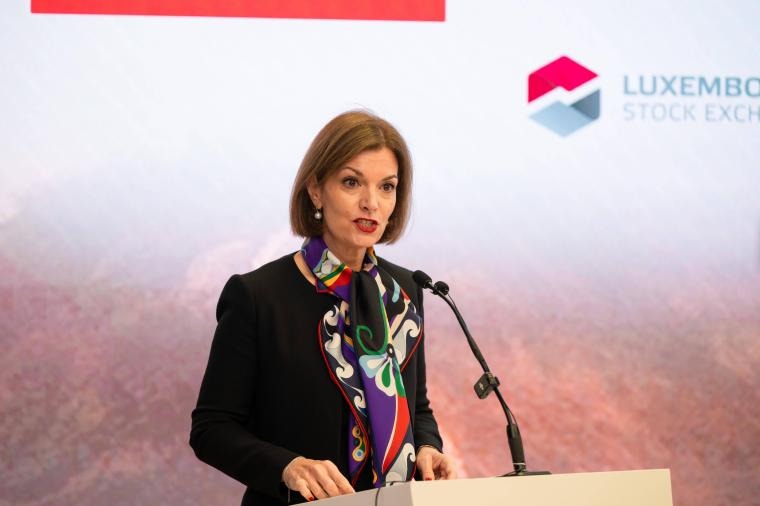Vice-minister sits for NBC interview

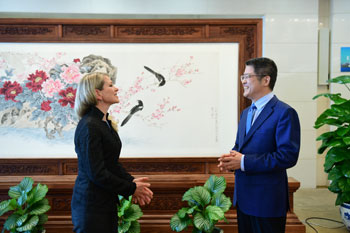
Janis Frayer: The US intelligence has suggested that China has artificially lowered the case numbers and the deaths and there were multiple revisions to the way that China was counting for coronavirus cases. So is it understandable that there is some skepticism about the numbers that China has been reporting and whether they are real?
Le Yucheng: You mentioned US intelligence services. As is known to all, for more than once what they said caused disasters to the world. It was the US intelligence which claimed that Iraq had "weapons of mass destruction", yet till this day those weapons are nowhere to be found.
China has been open, transparent, with good faith, and truthful when it comes to the release of data. We bear in mind our responsibility to history, to the people and to the lives lost to COVID-19. What we've done can stand scrutiny. There is no need for cover-ups. This is all about real people. It is literally impossible to hide anything. On the contrary, some countries once said that COVID-19 was just a common flu, and in fact that is cover-up. Now we are restoring economic activities across the board and have lifted travel restrictions on Wuhan. How could we have been confident in so doing if the case numbers were artificially lowered and not real?
The revision of the case numbers was done out of a sense of responsibility. It is also a common international practice. To my knowledge, New York also revised its local case numbers recently. Challenging the truthfulness of the numbers of confirmed and fatal cases China has reported is highly disrespectful to the 1.4 billion Chinese people, especially millions of Chinese medical workers. The numbers we have released point only to the effectiveness of China's response efforts. What they reflect is China's experience, not China's cover-ups.
Janis Frayer: So Americans can be one hundred percent confident in the numbers?
Le Yucheng: Yes, absolutely.
Janis Frayer: There are a lot of questions that are swirling about the origin of the virus. A lot of theories about the origin of the virus. How willing is China to allow an independent international investigation into where and how the coronavirus started?
Le Yucheng: Some say that, for thousands of years, mankind has been battling against all kinds of viruses, but never seems to be able to claim an ultimate victory. Viruses can be really cunning. Their source is a serious and complex matter of science that must be studied by scientists and medical experts. Something strange now is that a few political figures, who supposedly are economists and intelligence people, are giving sensational accounts of the source of COVID-19. It is widely confirmed by experts that COVID-19 is not from labs. But some politicians are so insistent on the assertion of COVID-19 coming from a lab in Wuhan. Don't you think this is preposterous? A joint statement by 27 professional experts published at the Lancet, a world-class medical journal, also reaffirms that COVID-19 has a natural origin, and is not artificially synthesized. We need to listen to experts, rather than politicians. We need to respect science and refrain from resorting to conspiracy theories.
You mentioned international investigation. We are candid, and we are open. We support professional exchanges between scientists, including exchanges for reviewing and summarizing experiences. What we oppose, however, is unfounded charges against China. One should not accuse China first and then run so-called international investigations just to make up the evidence. This is arbitrary investigation based on the presumption of guilt. That is what we firmly oppose. As I said just now, the WHO-led expert group visited Wuhan timely. As for the Wuhan Institute of Virology, it is open to international communication. Ever since its establishment, it has received visits by many international scientists, including those from the United States. Just recently, the head of the Institute took an interview with a foreign media, and made it clear that the Institute has neither the intention nor the capacity to engineer any kind of virus.
Janis Frayer: But could a science-based investigation satisfy some of these questions and expectations we have apparently on China's part? And perhaps help countries that are still currently fighting COVID-19, help them adapt their responses in real time?
Le Yucheng: The international investigation, if there is any, should have a solid basis. Why is this investigation only targeted at China? Is there any evidence to show that China does have problems? Why isn't there any investigation of other countries? Even for the sake of reviewing for improvement, then science-wise, don't those countries with rapid spread and surge of confirmed and fatal cases have their own problems? We oppose politically-driven investigation for the purpose of stigmatizing China.
















